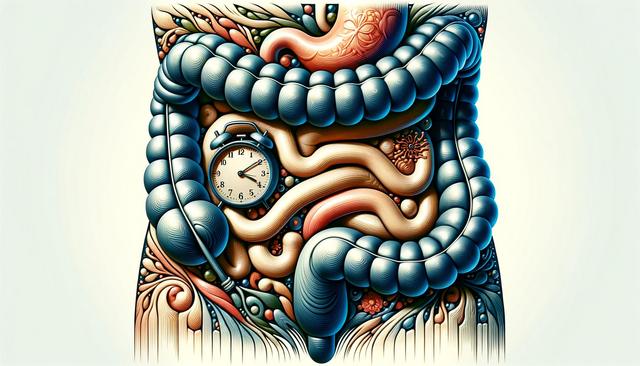Recognizing the Common Symptoms of IBS
Irritable Bowel Syndrome (IBS) is a functional gastrointestinal disorder that affects the digestive system, often leading to a range of uncomfortable symptoms. While the intensity and frequency can vary from person to person, some signs are common across most cases. The hallmark symptoms of IBS include abdominal pain or cramping, bloating, and noticeable changes in bowel habits. These changes may present as diarrhea, constipation, or alternating episodes of both. In some individuals, the pain may occur after eating and feel better after a bowel movement. Others may experience an urgent need to use the bathroom or feel as though their bowels are not completely emptied even after going. Paying attention to these patterns is essential for identifying IBS early and seeking appropriate medical advice.
Understanding the Triggers and Causes
Although the exact cause of IBS is still not fully understood, several factors are believed to contribute to the development and severity of symptoms. IBS is not caused by structural abnormalities or detectable physical damage in the intestines, which can make it challenging to diagnose. Some potential triggers include:
- Stress and anxiety, which can affect gut-brain communication
- Certain foods and beverages, such as dairy, caffeine, or high-fat meals
- Changes in gut bacteria or imbalances in the microbiome
- Hormonal changes, especially in individuals assigned female at birth
- Previous gastrointestinal infections or food poisoning
It’s important to note that triggers can vary widely between individuals. Keeping a symptom diary can help identify personal triggers and patterns that may be contributing to IBS flare-ups.
The Importance of Early Diagnosis
Many people live with IBS symptoms for years before seeking medical advice, often assuming their discomfort is just a normal part of life. However, early diagnosis can significantly improve quality of life. A healthcare provider typically diagnoses IBS based on symptom patterns and by ruling out other conditions. There are no specific laboratory tests to confirm IBS, but tests may be conducted to exclude other digestive disorders such as celiac disease or inflammatory bowel disease. Common diagnostic criteria include:
- Recurrent abdominal pain at least one day per week in the last three months
- Pain associated with defecation, or linked to changes in stool frequency or appearance
Prompt diagnosis allows individuals to begin managing their symptoms through diet, lifestyle changes, and sometimes medication, paving the way for more effective relief.
Relief Through Lifestyle and Dietary Adjustments
Managing IBS often involves a multi-faceted approach, as no single solution works for everyone. Dietary modifications can significantly reduce symptom flare-ups. For example, some people benefit from a low FODMAP diet, which limits fermentable carbohydrates that are poorly absorbed in the gut. Others may find relief by avoiding common irritants such as:
- Artificial sweeteners
- Alcohol and carbonated drinks
- Gluten or lactose, depending on tolerance
In addition to diet, other lifestyle changes can support digestive health and ease symptoms. These include regular physical activity, stress management techniques such as mindfulness or yoga, and maintaining a consistent sleep routine. In some cases, healthcare providers may recommend fiber supplements, antispasmodic medications, or other treatments tailored to individual needs.
When to Seek Medical Attention
While IBS is a chronic condition that can often be managed with self-care and dietary changes, it’s essential to consult a healthcare provider if symptoms are severe, worsen over time, or include red flags. Warning signs that may indicate a more serious condition include:
- Unintended weight loss
- Blood in the stool
- Persistent fever
- Difficulty swallowing
- Severe or unrelenting pain
These symptoms could signal other underlying health issues that require medical evaluation. Even in the absence of these red flags, speaking to a professional can provide reassurance and help develop a tailored plan for symptom management. Open communication with a healthcare provider ensures that any necessary testing is completed and that the treatment strategy aligns with the individual’s lifestyle and health goals.
Conclusion: Taking IBS Seriously for Better Health
IBS can significantly impact day-to-day comfort and overall well-being, but understanding its symptoms and seeking timely support makes a meaningful difference. Early recognition, combined with personalized lifestyle and dietary adjustments, can help manage symptoms effectively. For those experiencing ongoing digestive issues, consulting with a healthcare provider is a proactive step toward relief and improved quality of life. Staying informed and responsive to your body’s signals is key to navigating IBS with greater confidence and comfort.


